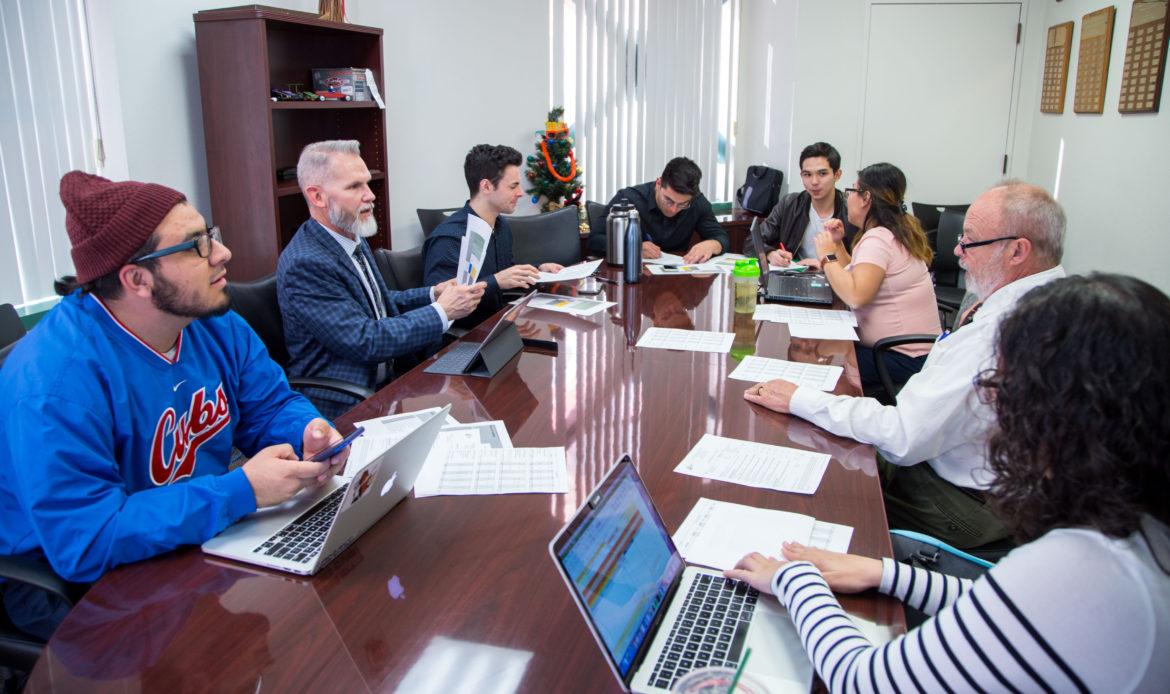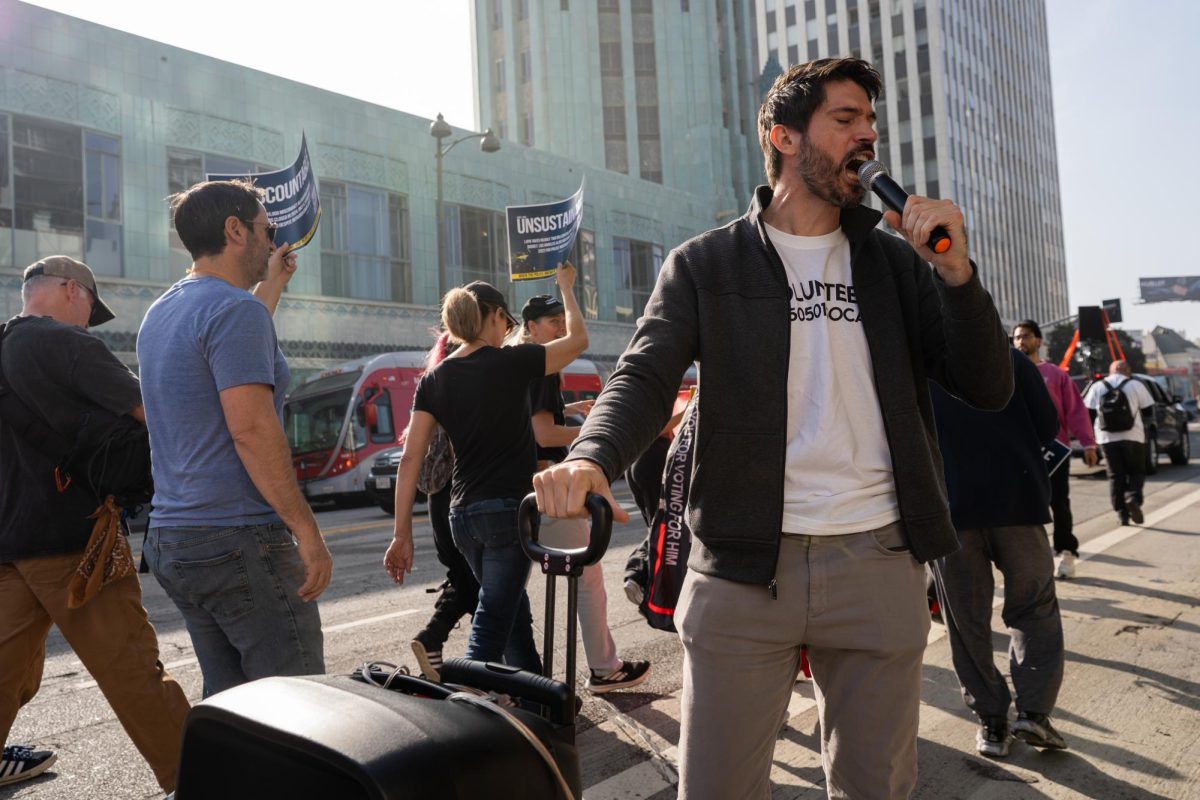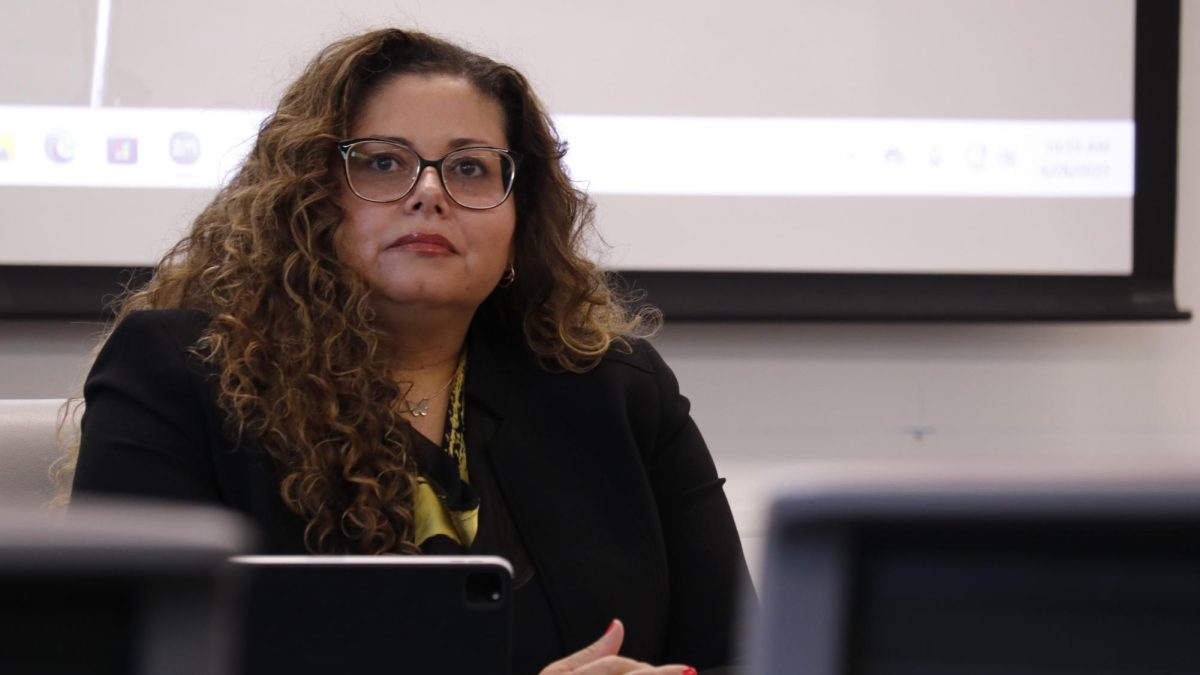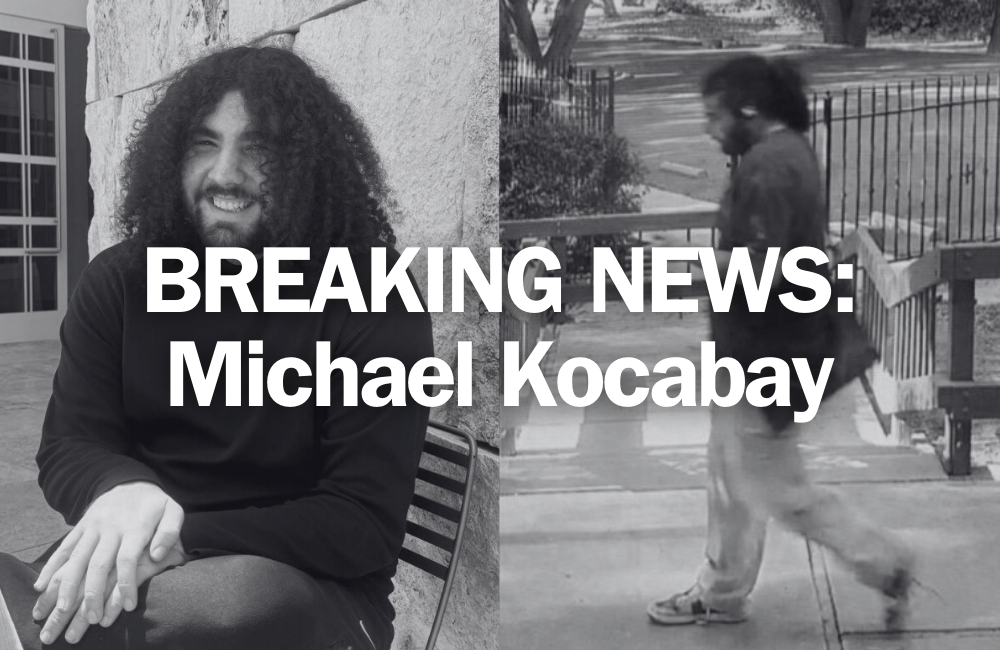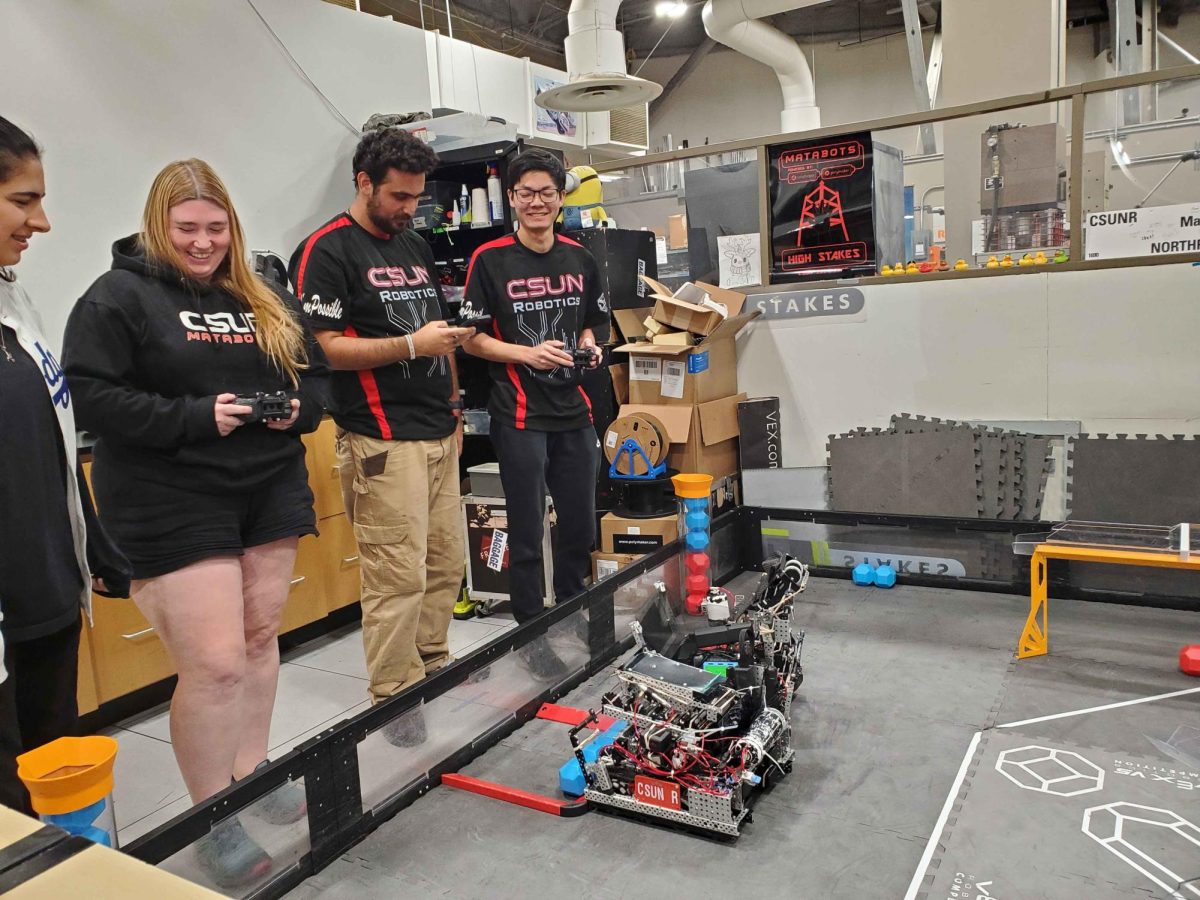Students will vote on three separate fee increases on the 2019 CSUN election ballot that will determine if Associated Students and the Klotz Student Health Center will respectively cut services.
During the AS meeting on Feb. 11, the student government added the proposed increases to the Associated Students, the Instructionally Related Activities and the Student Health fees to the election ballot, all of which students would, if passed, pay for beginning in the fall 2019 semester.
The proposed AS fee increase would add $7 to the semesterly cost as a one-time boost and increase the yearly fee escalation from $2 a semester to $4. If this vote were to pass, the AS fee would jump from the $96 a semester to $107 starting fall of 2019, then increasing $4 at a time from there on a regular basis each semester.
AS is asking for these funds to support annual staff pay raises, new computer equipment for student organizations, the Big Show, Big Lecture, the Sustainability Center and Farmers’ Market.
There are about 3,000 fewer students enrolled at CSUN now than in 2015, according to CSUN’s Office of Institutional Research. David Crandall, AS executive director, explained that falling student enrollment has reduced their operating budget.
“If you’re in a class with 40 people last semester, and now there are only 30, you still need to pay the instructor, pay for the lights, pay for maintenance,” Crandall said. “There are fixed costs that can’t break down easily.”
The Instructionally Related Activities fee would increase from $48 per year to $51, with one dollar to be added each subsequent year to offset inflation. This would be used to support clubs and organizations that request funding from the IRA account.
The Student Health fee would increase from $60 per semester to $75. $10 would be allocated to maintaining physical therapy, pharmacy, X-ray and dental services while the remaining $5 of the increase would be used to hire two full-time psychiatrists at University Counseling Services.
“By promoting student health and wellness, we promote their academic success and professional development,” said Linda Reid-Chassiakos, director of the Student Health Center. “This increase will allow us to maintain our existing services, and expand those that support mental health.”
The SHC stated that lower enrollment and rising healthcare costs have forced the campus health care provider to restructure.
“We had to let go of our dermatologist, one of our most popular services, and many of our administrative positions,” Reid-Chassiakos said.
The Student Health Center will continue to have the lowest Student Health fee of the 23 CSU campuses, regardless if the fee increase passes.
Despite the campus-wide effect, the result of the vote might be determined by a relatively low percentage of CSUN students. Out of the nearly 38,000 students eligible to vote during the spring elections, only 4,600 did so last year, according to AS.
“These decisions make a huge difference from the classroom all the way to extracurriculars,” said Warren Yee, AS chair of elections. “It’s important that students vote. They have an impact.”
Voting will take place from 8 a.m. to 6 p.m. from April 3 to 4. Students can vote online at www.csun.edu/as/elections or at booths set up at the Student Bookstore, Sierra Lawn and the Arbor Grill.
